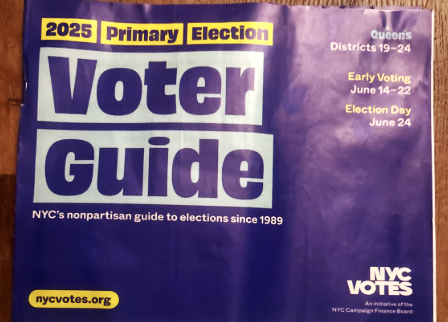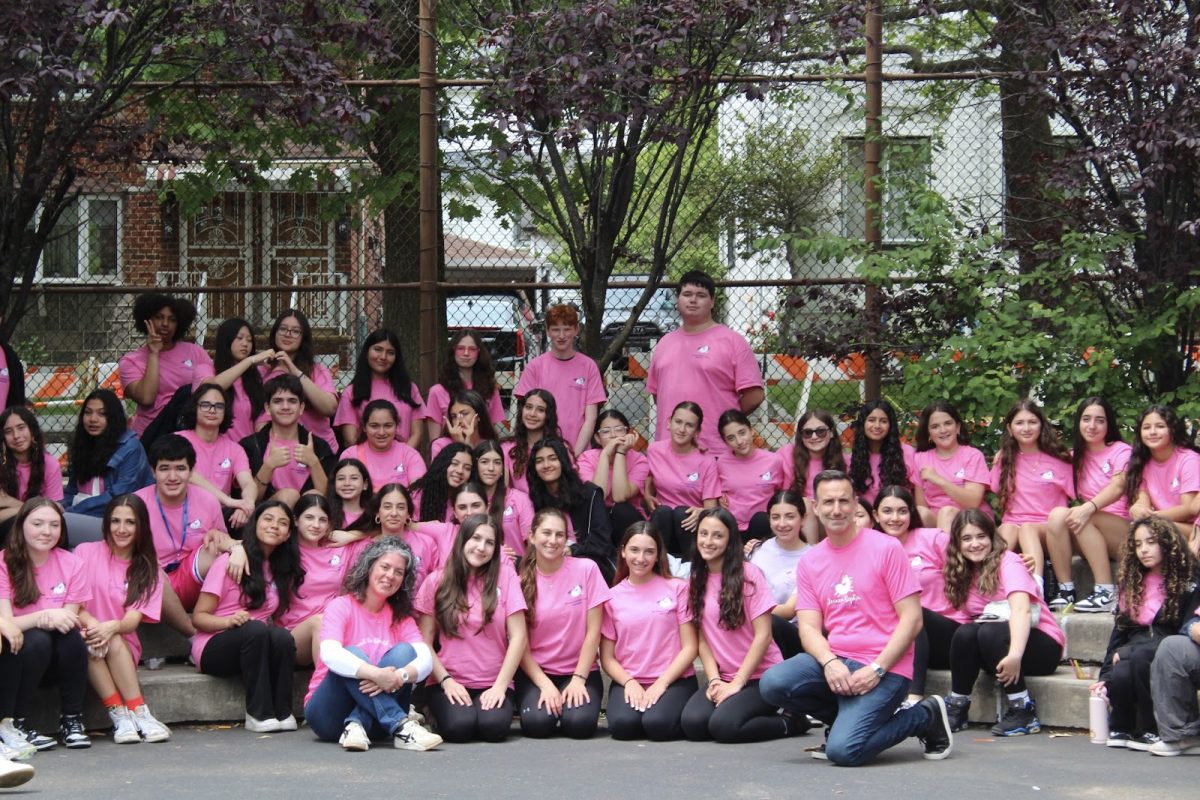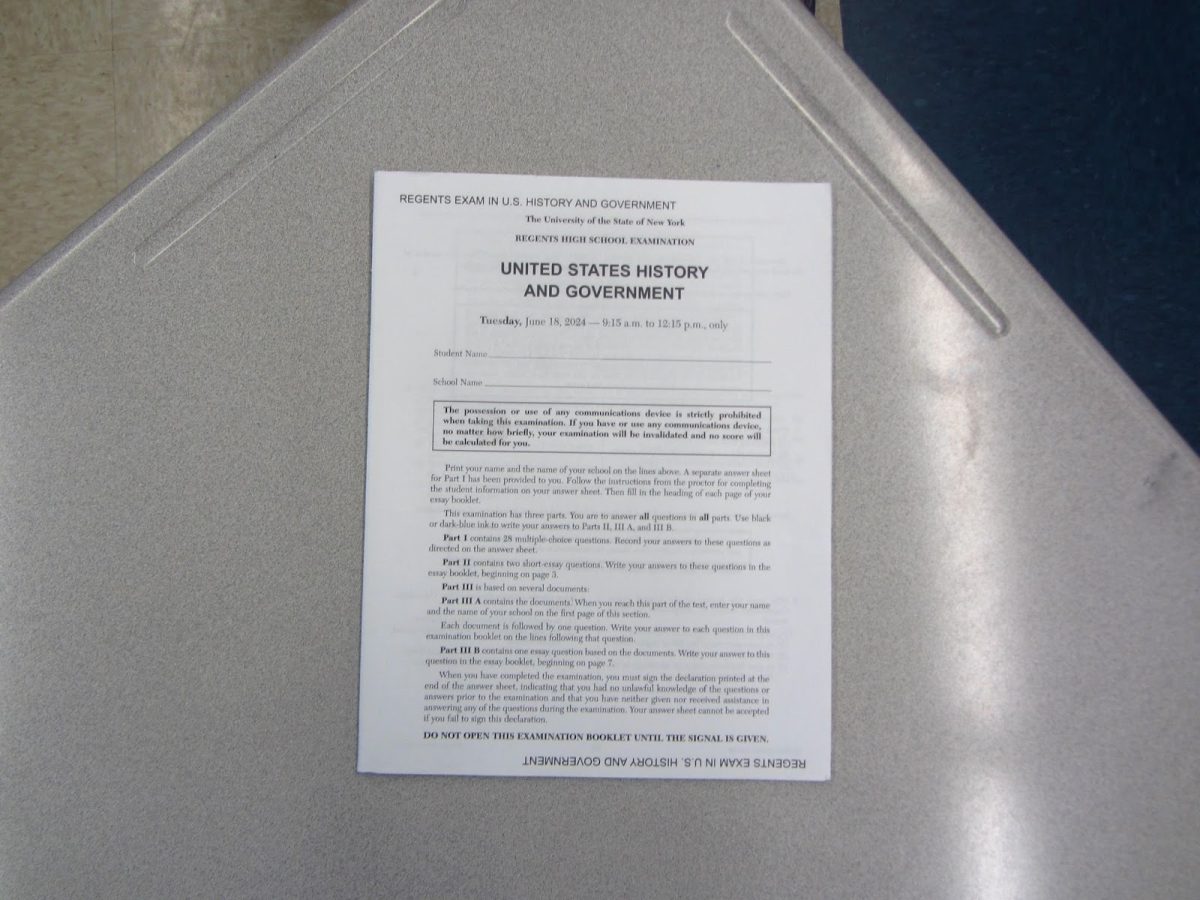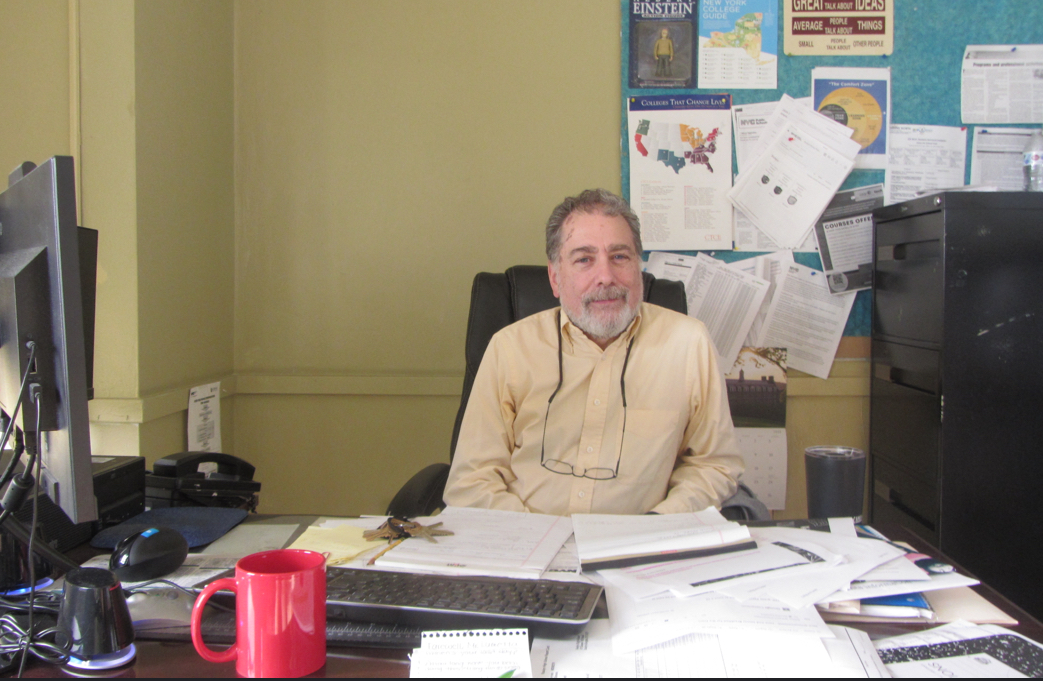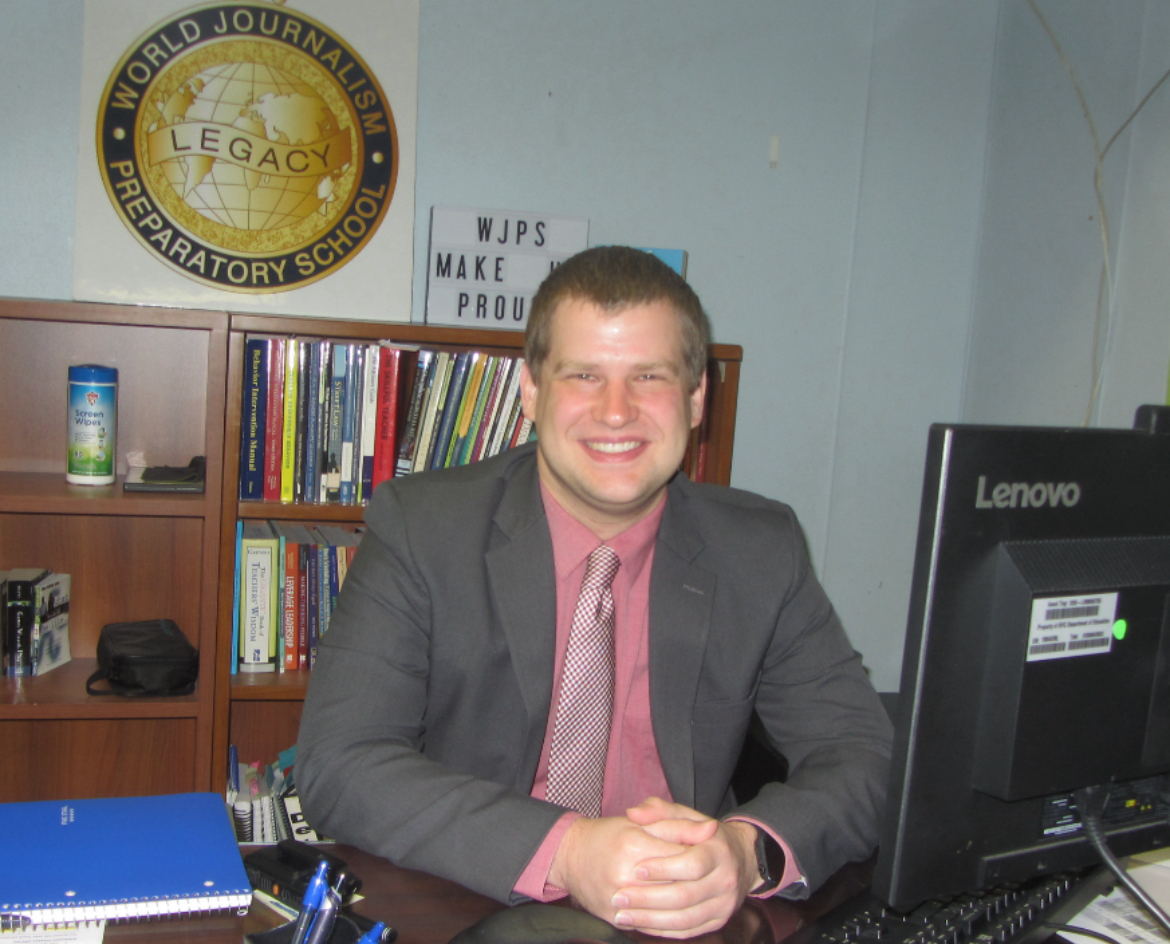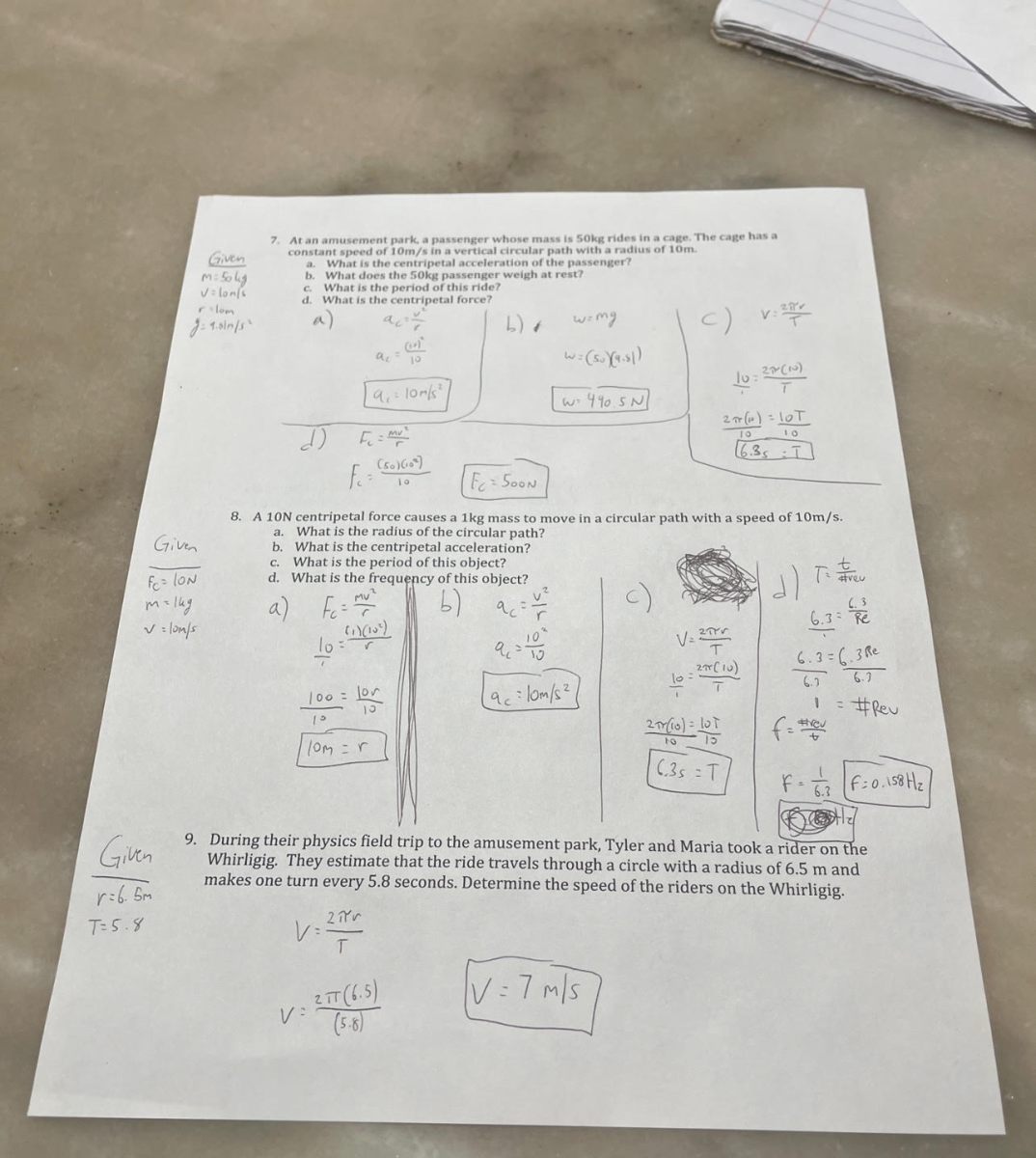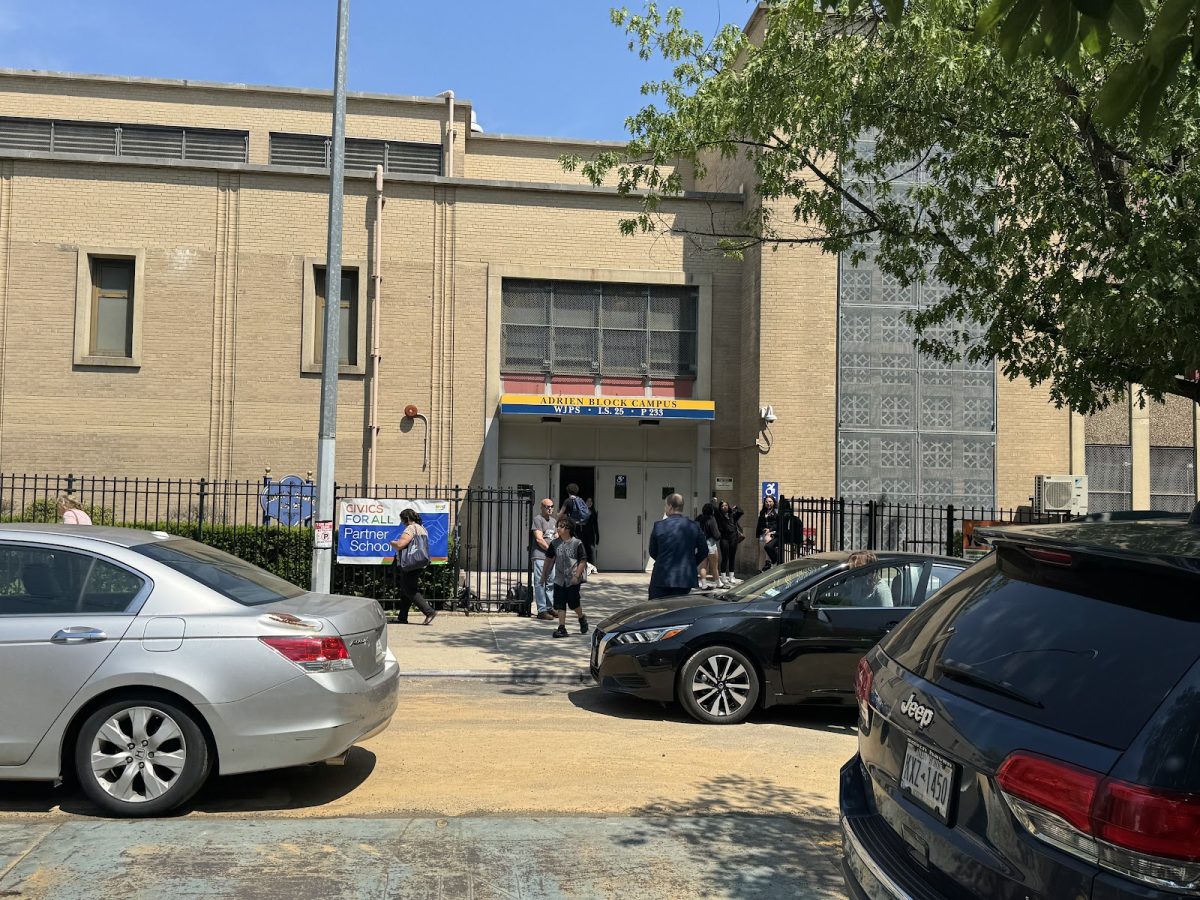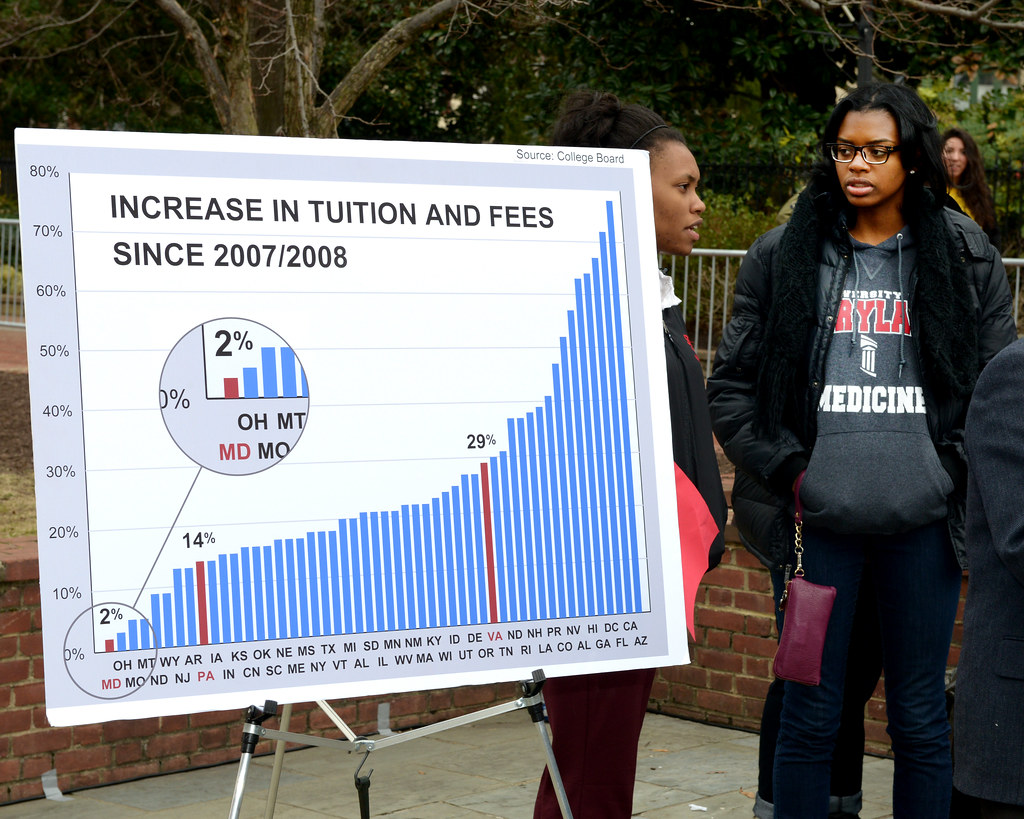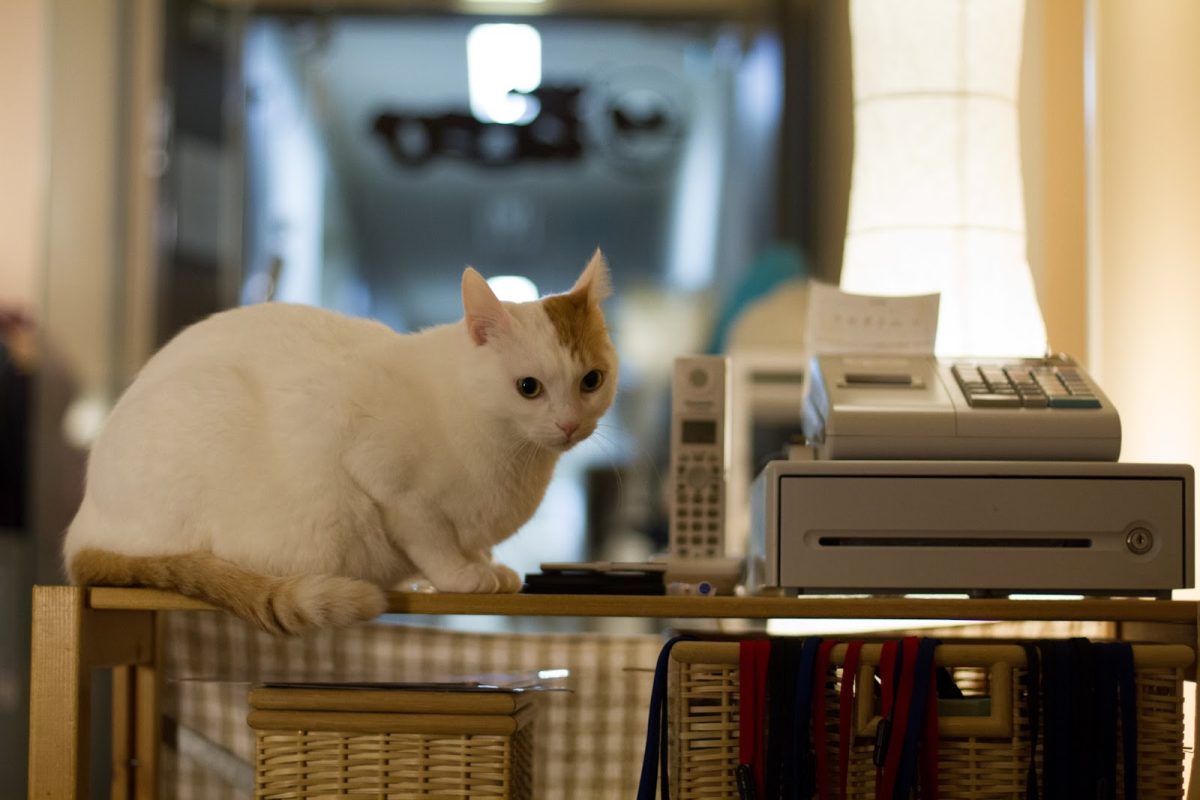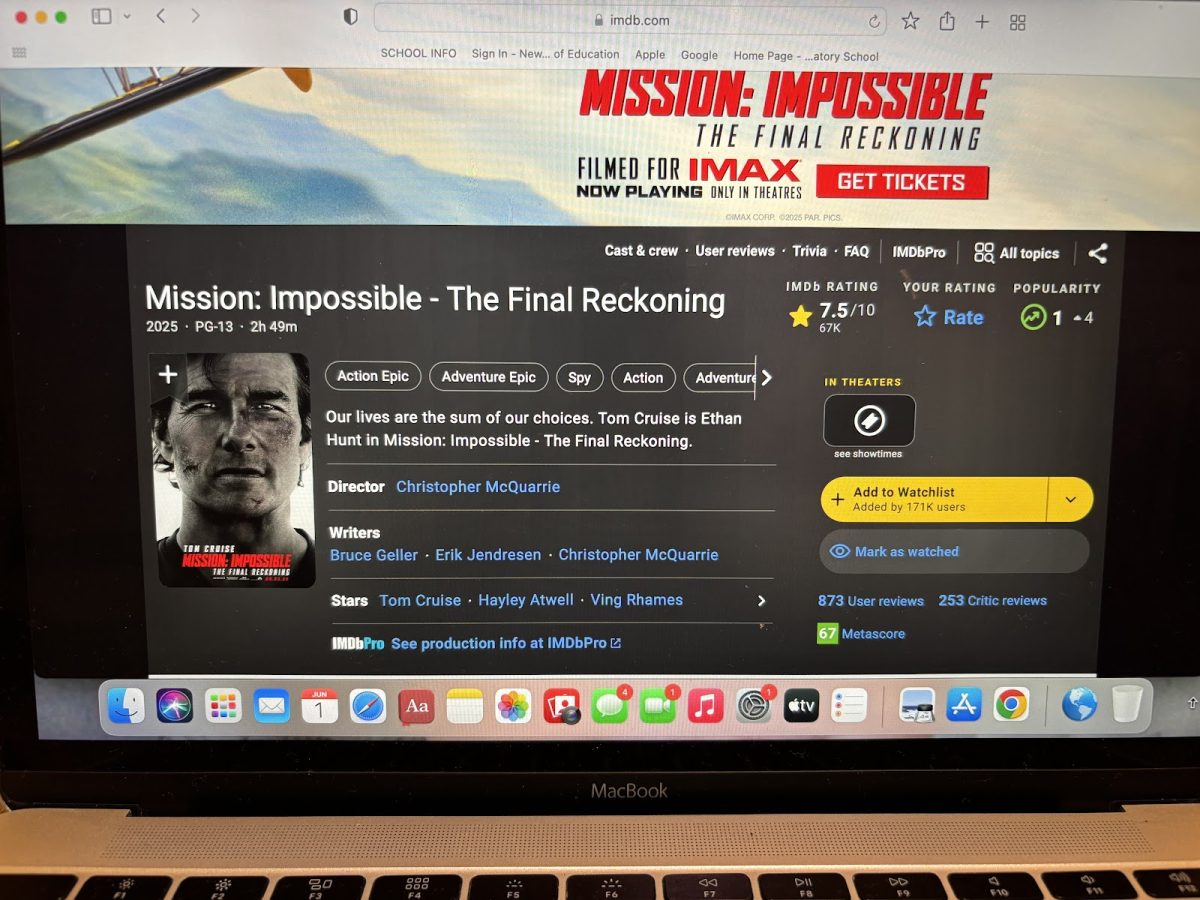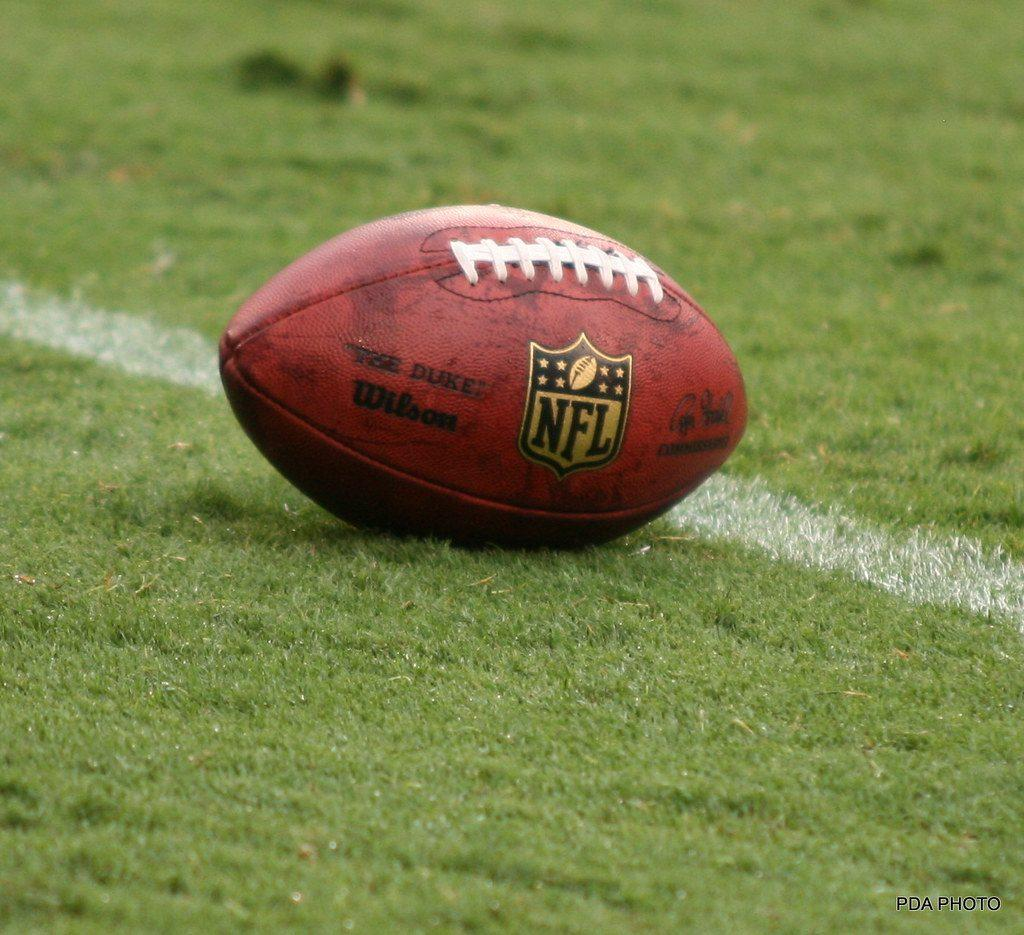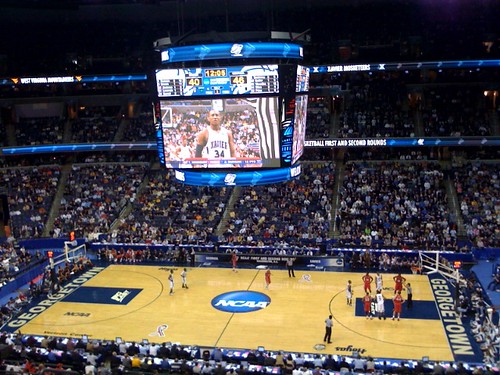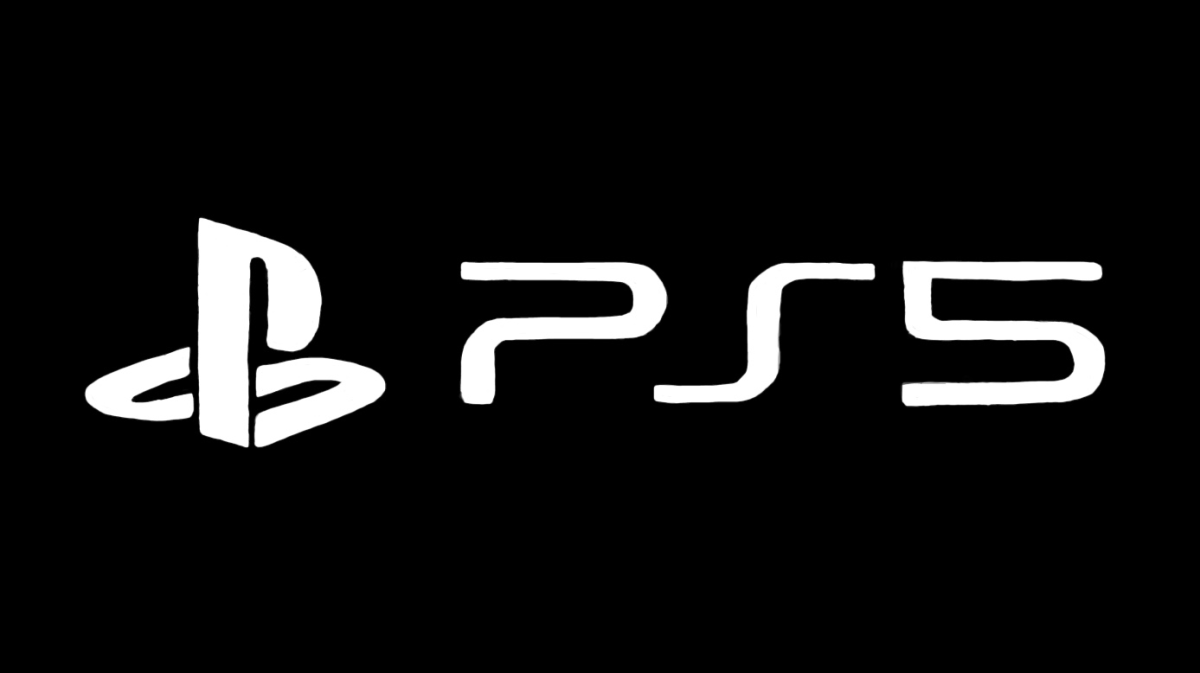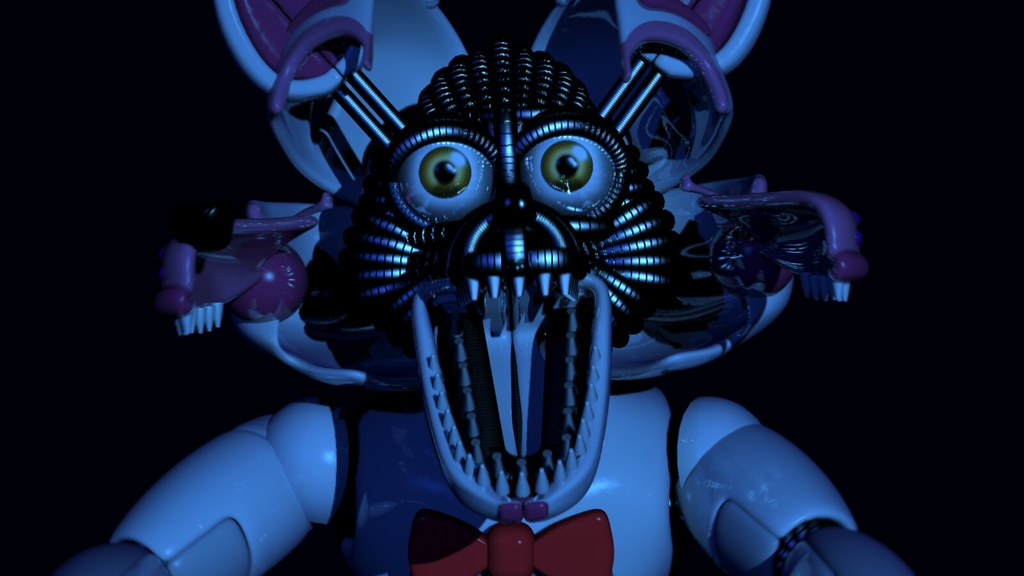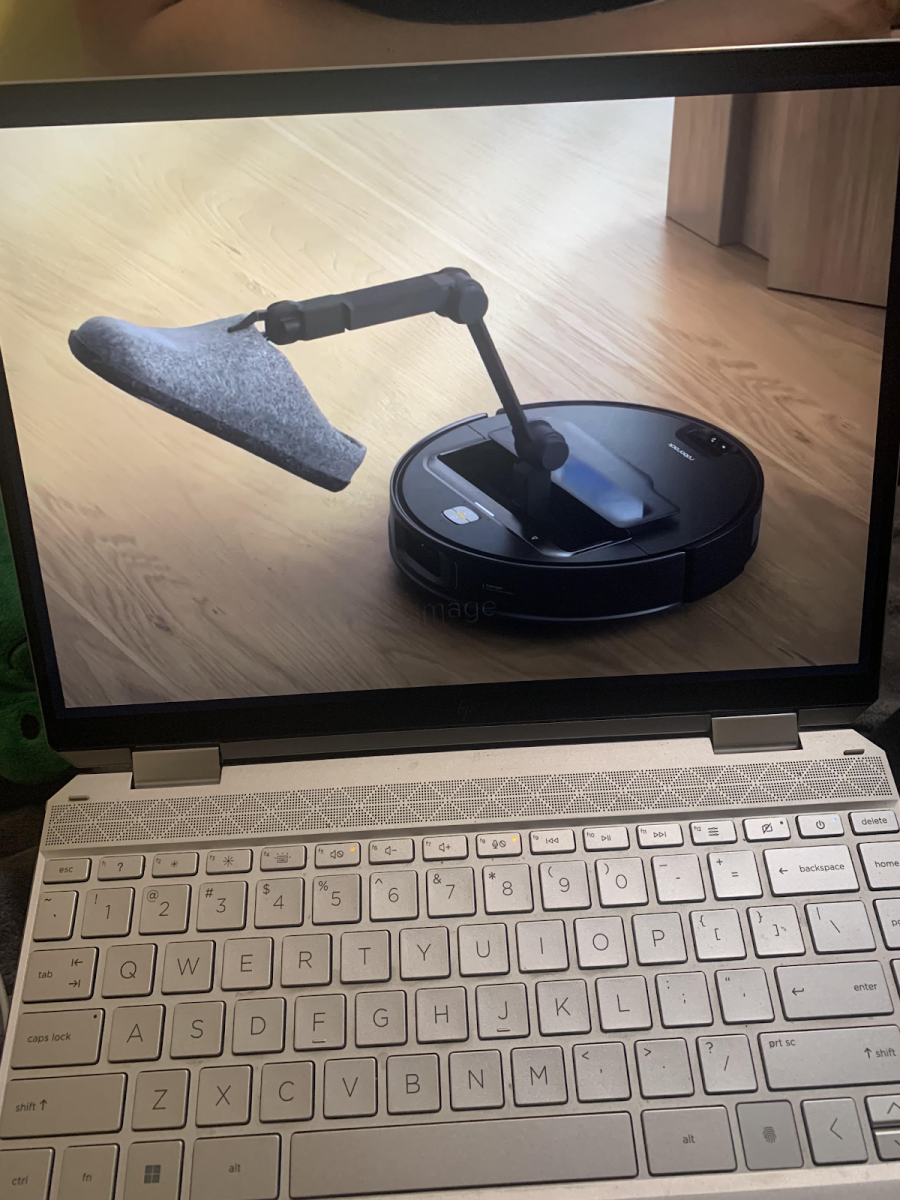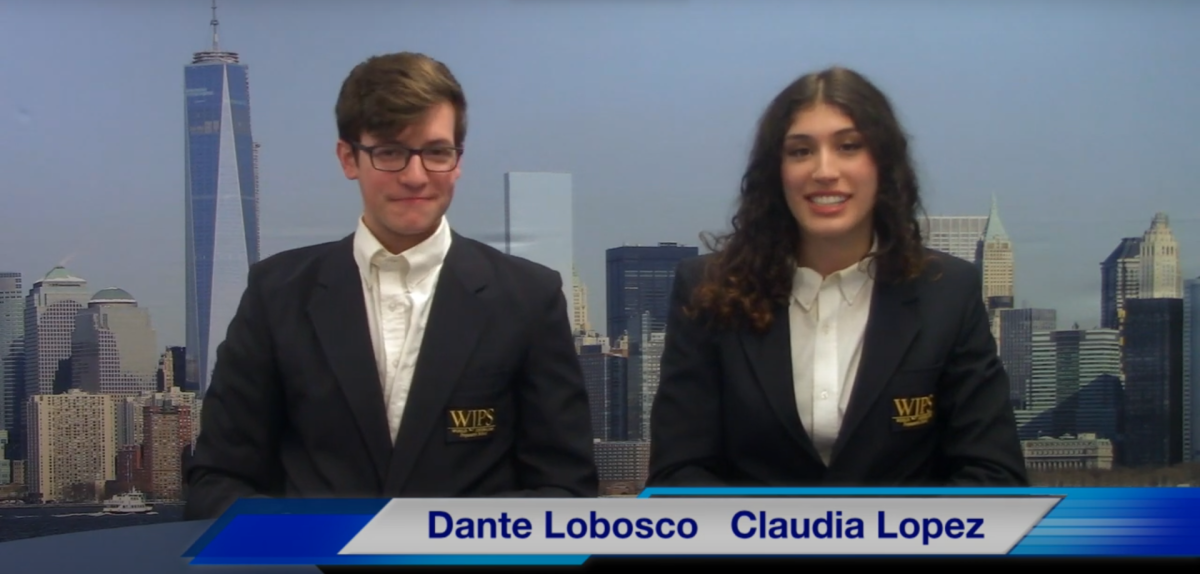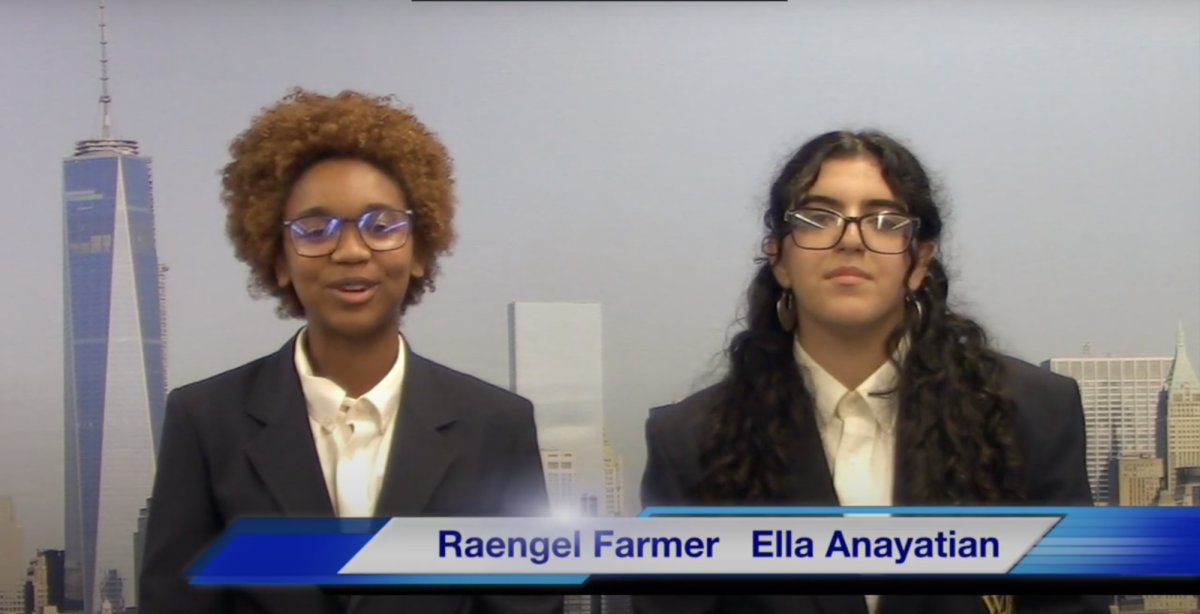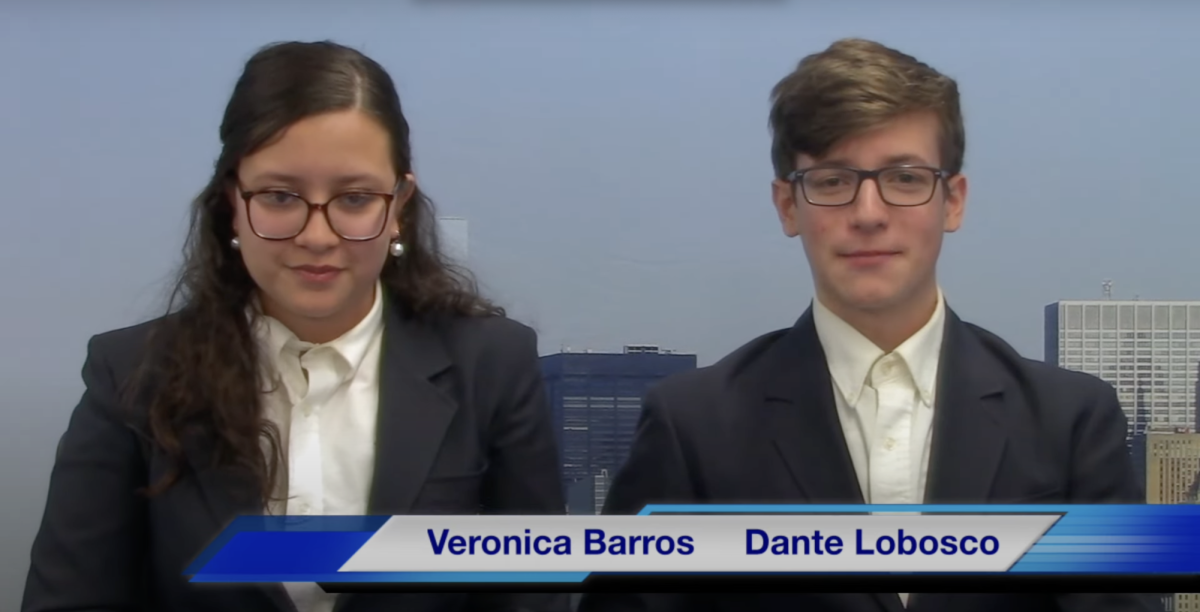by Keith Loh, staff reporter

Many are unaware of the fact that humans weren’t meant to consume meat. Humans lack the primal instincts of predators and are not suited to properly digest other animals. Additionally, despite having a canine tooth, it is vastly inferior when compared to that of other animals. Though the teeth of humans can chew meat, it does so poorly because they were designed to chew plants, nuts, and roots, not flesh.
There are also environmental reasons as to why humanity as a whole should discontinue the consumption of meat. Raising livestock takes up more food, water, land, and energy than growing plants. Resources can be used more sparingly and more effectively which, in turn, benefits both the environment and people/humanity.
Methane, a gas more potent than carbon dioxide is released into the air by cows. This accumulates and contributes to global climate change. By reducing the number of livestock, and thereby decreasing the number of cows in factory farms, the amount of methane gas emitted into the atmosphere will be considerably lowered, resulting in less of a carbon footprint.
Though bacon may be irresistible for some, processed and red meats are unhealthy and even potentially dangerous to human health. Research has shown that there is a relationship between the consumption of meat and the likelihood of (developing) cancer. Vegetarians, on the other hand have been shown to live out both healthier and happier lives.
“I’ve been a vegetarian for a few years now. It’s honestly not that hard,” senior Marcella Abanto.
Just because one is a vegetarian, it does not mean that he or she cannot enjoy the many wonders of food ranging from ice cream and cookies to pizza. If becoming a total vegan seems too difficult of a task, then there are different variations of vegetarianism, ranging from partial vegetarianism (people who eat meat occasionally) all the way to lacto-ovo vegetarianism (people who don’t eat eggs or milk).
Some choose to be vegetarian for ethical reasons. Take for example major meat corporations like Tyson and the horrors behind the closed doors of their farms. The chickens are mass produced and jammed into close quarters, despite being an animal that requires open space. Because of this, the chickens become aggravated and peck at each other, eventually killing one another. To solve this, Tyson cuts off the beaks of chicks from birth, preventing them from attacking other chickens in the future. Additionally, veal, male calf (baby cows) are taken from their mothers from birth and are chained down so they are unable to walk which weakens their muscles and accumulates fat.
“I just can’t give up meat and dairy, I’ve eaten it all my life but I try to be as healthy as I can by eating greens,” senior Christopher Stena said.
In addition, from chickens to cows to pigs, since the animals are all packed together, it increases the likelihood of the spread of disease, and as a result, manufacturers remedy this by giving antibiotics to these animals which end up being ingested into the body of humans. The reason that these companies do this is because it is cheap and cost effective, which is why organic and free range products are more expensive.

